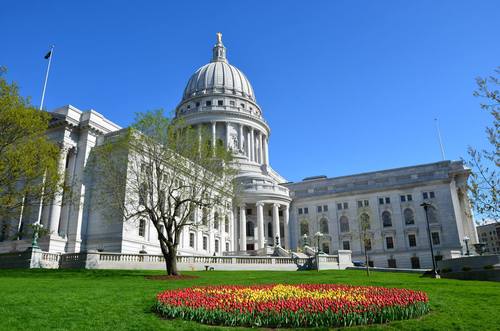Last week, the Wisconsin Court of Appeals affirmed that the Lac du Flambeau Band of Lake Superior Chippewa Indians’ Lake of the Torches Casino is immune from a state-court suit by a former employee. After competing litigation in state and tribal court—the state court first transferred the case to tribal court, but after the tribal court ruled against the plaintiff on the merits of his claim, the state court reasserted jurisdiction and ruled against the Casino—the state court ultimately vacated its judgment against the Casino.
In affirming the Casino’s immunity, the Court of Appeals held that:
- The gaming compact’s requirement that the Tribe maintain public-liability insurance only forbids the Tribe’s insurer from invoking the Tribe’s sovereign immunity, and does not address the Tribe’s ability to invoke immunity in a direct suit;
- The gaming compact only relates to Class III gaming activities, so even if the compact waived the Tribe’s immunity, it would only do so for claims related to gaming activity;
- The statement of the Tribe’s third-party claim administrator did not waive the Casino’s immunity because only the Tribe’s governing body can waive immunity;
- A promise to pay medical bills is not an unequivocal consent to suit in state court; and
- The Tribe’s consent to a tribal-court suit did not subject it to suit in tribal-court.
The opinion thus reaffirms foundational immunity principles: any waiver must be clear and express and must be strictly construed according to its terms. The text of the opinion is available here, and the appellate briefing in the case is available here.
Hogen Adams founding members Andrew Adams III, Jessica Intermill, and William Szotkowski, and associate Jessie Stomski Seim represented Lac du Flambeau in post-judgment briefing before the lower court and defended vacatur of the judgment on appeal.

 hogenadams-admin
hogenadams-admin March 16, 2015
March 16, 2015
